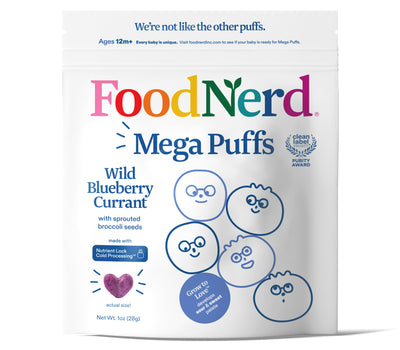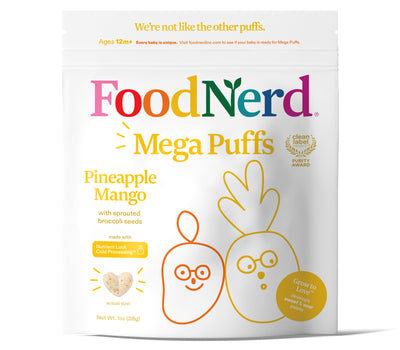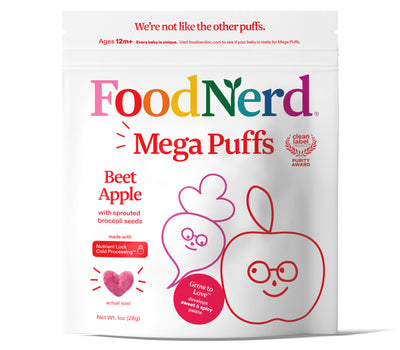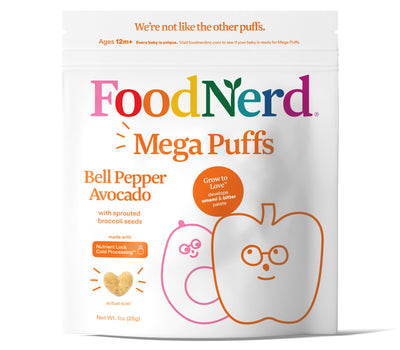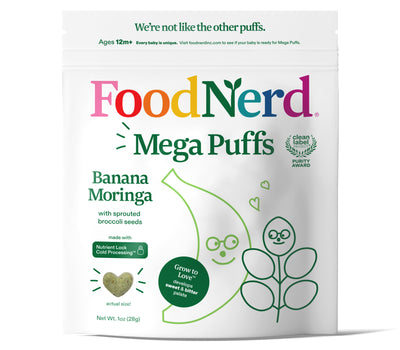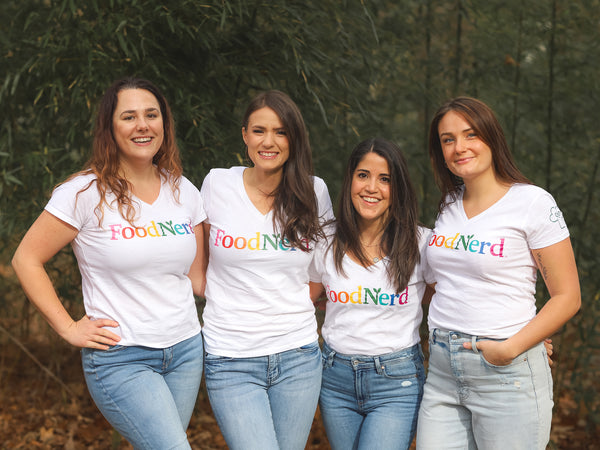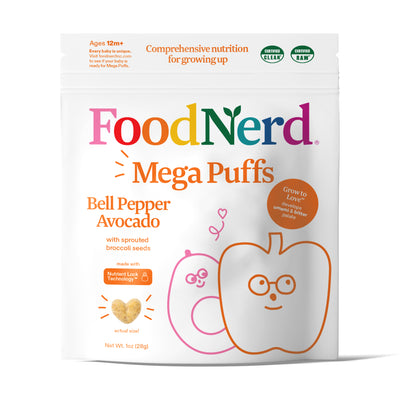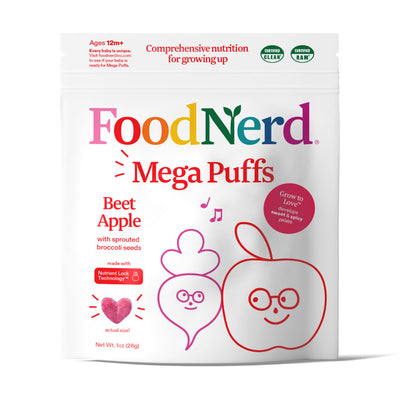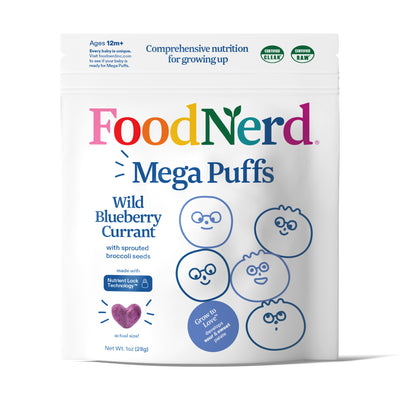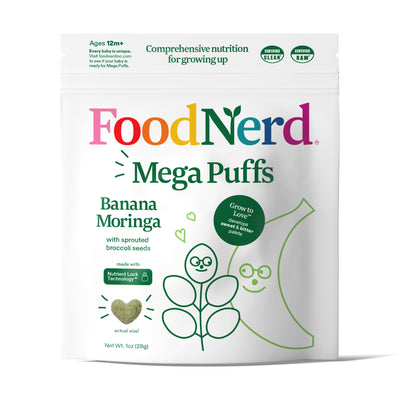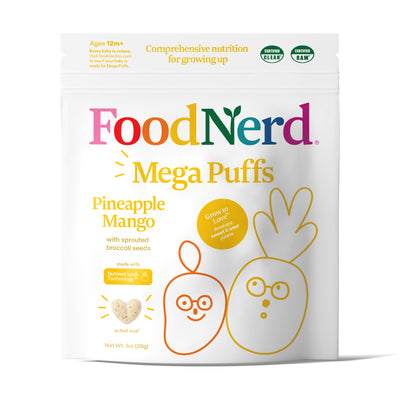Author: Trisha Shea R.D.
Guess that Vitamin
We have another nutrition riddle for you. In 1862, this nutrient was named after the Greek term for bile (chole) because it was first isolated from ox bile. It was considered an essential nutrient in 1998 when its adequate intake (AI) was established.
You guessed it—Choline!
What is Choline & Why do we Care?

Choline vitamin is a water-soluble nutrient that is essential for human life. Researchers have considered it a vitamin (vitamin J) type and classified it as a B.
Our liver can produce small amounts of choline, but this is not enough to meet our needs. This means that we must obtain choline from our diets to prevent deficiency.
Choline has many important functions in the body:
- Your brain and nervous system need it to regulate memory, mood, & muscle control
- Required for your body to make the neurotransmitter acetylcholine (which plays a critical role in the normal functioning of the brain and body)
- Needed for many steps in metabolism, including the transport of fat molecules
- Necessary to maintain cell membrane structural integrity and plays a role in cell membrane signaling
- Plays an important role in regulating gene expression
- Essential for normal fetal development and early brain development

How much Choline do we Need?
The adequate intake for adults is:
- 550 mg/day for men
- 425 mg/day for women (pregnant and lactating women require higher amounts)
Choline recommendations were made in 1998 by the Food and Nutrition Board of the US Institute of Medicine (FNB). The FNB felt they did not have enough evidence to calculate a Recommended Dietary Allowance (RDA) for choline, so they set an Adequate Intake (AI) instead.
RDA VS AI
The RDA is the average amount of a nutrient you should eat daily to maintain health (for nearly all healthy people).
On the other hand, AI is the amount of a nutrient recommended per day based on experimentally determined estimates of nutrient intake by a group of healthy people that are assumed to be enough to maintain health (is established when an RDA cannot be determined).
There is a Good Chance the AI for Choline is Over-exaggerated
The issue here is that the AI for choline is based on a single study published in 1991. This study was based on an experimental group of 16 men, a tiny sample size. Small sample sizes have limitations because they can prevent the drawing of accurate from the study’s data. This means that the results of this single study are likely to be unreliable and should not be generalized to the entire population.
Another issue with this study is that it compared men who consumed 550 mg of choline/day to those who consumed only 50 mg of choline/day. The study found that those who consumed 50 mg/day developed a choline deficiency that resulted in liver damage. The researchers decided that choline's “safe level” should be set at 550 mg/day to prevent liver damage.
The Good News for Vegans & Vegetarians
Most people do not consume 550 mg/day of choline, even if they eat animal foods.
This recommendation is especially problematic for vegans and vegetarians since most plant foods contain less choline than animal foods.
However…
Suppose you are a vegan or vegetarian who eats a variety of whole, minimally processed plant foods. In that case, it is unlikely that you will be consuming under 50 mg/day of choline, which means it is unlikely that you will develop a deficiency. The verdict here is to take this recommendation lightly but to ensure that you eat various nutritious plant foods to offset any chance that nutrient deficiency would develop.
Sources of Choline:
Choline can be found in animal and plant foods; however, animal foods usually contain more choline per unit weight than plant foods.
Animal Sources:
- Meat, including beef (356 mg/3oz); Eggs (147 mg/1 large egg); Poultry, including chicken (72 mg/3 oz); Fish, including Atlantic cod (71 mg/3 oz); and Dairy products, 1% milk (43 mg/1 cup)
Plant Sources: (see chart below for amounts)
- Potatoes and cruciferous vegetables such as brussels sprouts, broccoli, and cauliflower
- Some types of beans, nuts, seeds, and whole grains, such as wheat germ
How Choline Absorbed & Why this is a Potential Issue
Before absorption in the intestine, a portion of dietary choline is feasted on by gut microbes, which transform it into TMA (trimethylamine). After absorption, TMA is taken up by the liver, where it is converted into TMAO (trimethylamine- oxide). TMAO is then transported to our organ tissues, which can build up if not correctly excreted by the kidneys.
Elevated levels of both TMA and TMAO have been shown to be associated with:
- Cardiovascular disease, inflammatory bowel disease, non-alcoholic fatty liver disease, and chronic kidney disease
- The development or progression of hypertension, diabetes, and renal failure
The amount of TMAO produced depends upon your gut microbiome's composition. For example, only certain microbes contain the genes that produce TMA.
A recent study (2019) found that individuals who consumed a long-term paleolithic diet (eliminated grains, dairy, & legumes) had different types of gut microbes and an elevated level of TMAO compared to the control group, ate a relatively healthy diet that did not eliminate these foods. This shows the importance of fiber for the health of our microbiome and that it may help to lower levels of TMAO.
Regardless, more research needs to be done before we can determine whether or not a diet high in choline may contribute to disease.

How will I know if I am Deficient?
Most people in the U.S. (this includes people who eat animal foods) don’t meet the recommended daily amount of choline. However, few people show symptoms of choline deficiency. But, if our choline levels drop too low, then signs of weakness may occur, including:
- Muscle damage
- Liver damage
- Nonalcoholic fatty liver disease (choline is essential for transporting fat molecules out of the liver)
- May predispose individuals to cognitive decline
- Low intake during pregnancy has been shown to increase the risk of congenital disabilities, including neural tube defects and cleft palate.
How can Vegans & Vegetarians Avoid becoming Deficient?
According to the Vegan Society, the British Dietetic Association (the leading authority on nutrition in the UK) has said, “you absolutely can meet choline requirements with a vegan or plant-based diet.”
This means you can still obtain sufficient choline without taking a supplement if you eat a variety of minimally processed plant foods.
Choline Rich Plant foods:
Food Mg per Serving
Food Mg per Serving
- Wheat germ, plain, ½ cup 178.6 mg
- Edamame, cooked, ½ cup 56.3 mg
- Beans, kidney, canned, ½ cup 47.3 mg
- Quinoa, cooked, 1 cup 46 mg
- Cauliflower, raw, ½ cup 44.3 mg
- *Oats, raw, ½ cup 40.4 mg
- *Chia seeds, ¼ cup 39.35 mg
- Chickpeas, ½ cup 38.4 mg
- Tofu, firm, ½ cup 35 mg
- Lentils, cooked, ½ cup 32.5 mg
- Brussel Sprouts, cooked, ½ cup 32 mg
- Broccoli, ½ cup 31 mg
- Shitake Mushrooms, ½ cup 27 mg
- Peanut butter, 2 tablespoons 20.2 mg
- Brown rice, 1 cup 19 mg
- Cabbage, ½ cup 15 mg
- Potato, cooked, ½ cup 14.1 mg
- *Flaxseed, ground, 1 tablespoon 11 mg
Sources: USDA & NIH
**FoodNerd Mega Puffs contain chia seeds, flaxseed and broccoli seeds! These minimally processed, superfood snacks are an excellent option for kids to get not only choline, but healthy fats, plant based proteins, and fiber. Have your family try these organic, raw, and sprouted snacks today!
Conclusion
Choline may be a nutrient you have never heard of, but it is one that we can’t live without.
The good news is that with some simple planning, we can choose various plant foods that will satisfy our choline needs. There may need to be more than a plant-based diet to meet the recommended AI (this is true for diets that include animal products). Still, it is likely that this amount is overstated and exceeds the amount our bodies need to prevent deficiency.
The verdict is that with some planning, a plant-based diet can deliver sustainable health and vitality for years to come.
Sources:
- Genoni, Angela, et al. "Long-term Paleolithic diet is associated with lower resistant starch intake, different gut microbiota composition and increased serum TMAO concentrations." European journal of nutrition 59.5 (2020): 1845-1858.
- Nonvitamin and Nonmineral Nutritional Supplements, edited by Seyed Mohammad Nabavi, and Silva, Ana Sanches, Elsevier Science & Technology, 2018. ProQuest Ebook Central, http://ebookcentral.proquest.com/lib/buffalo/detail.action?docID=5529476.
- “Office of Dietary Supplements - Choline.” NIH Office of Dietary Supplements, 2020, https://ods.od.nih.gov/factsheets/Choline-HealthProfessional/.
- “Statement on Media Reports about Choline and Vegan”. The Vegan Society, 2019, https://www.vegansociety.com/whats-new/news/statement-media-reports-about-choline-and-vegan-diets
- Wallace, Taylor C., et al. "Choline: The underconsumed and underappreciated essential nutrient." Nutrition today 53.6 (2018): 240.
- Zeisel, Steven H., Kevin C. Klatt, and Marie A. Caudill. "Choline." Advances in Nutrition 9.1 (2018): 58-60.
